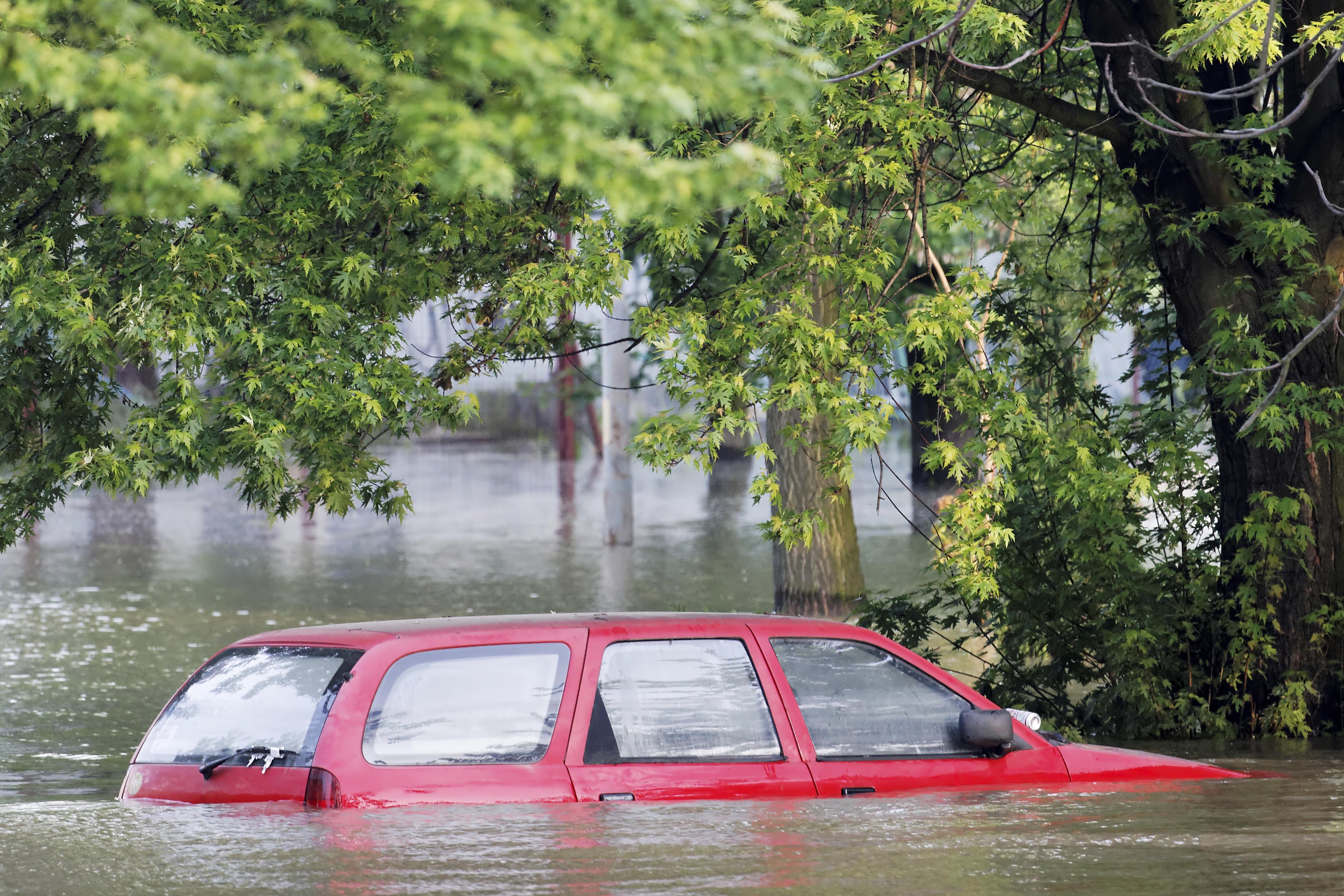How well are Canadian cities planning for climate change? This question inspired a recent study conducted by CCRF leads Jason Thistlethwaite and Daniel Henstra, in partnership with Dave Guyadeen of the University of Guelph’s School of Environmental Design and Rural Development.

The researchers evaluated the climate change plans of Canada’s largest 100 cities based on 46 elements that experts associate with a high-quality plan. For example:
- Does the plan discuss specific climate change impacts for the city?
- Does it include policies—formal guidance on how goals will be achieved?
- Does the plan identify timelines for achieving goals?
The good news? Most large Canadian cities have a climate change plan. Also encouraging is that the plans appear to be getting better over time (i.e., newer plans scored better).
The bad news? Municipal climate change plans had some common weaknesses. Most discussed climate change in only general terms, rather than including specific impacts. Goals were fairly broad and unspecific, and only about half included clear indicators to measure progress. And while there was a lot of focus on reducing greenhouse gas emissions, less attention was devoted to preparing for climate change impacts (aka adaptation).
Two factors might explain the varied results. First, municipalities have limited capacity and resources. Climate change is a complex problem and municipal governments often can’t access the data and resources they need to address it. Second, whereas some provinces have provided guidance and leadership to municipalities to support climate change planning, others have simply delegated this responsibility.
Climate change is a major risk for urban areas, and cities have a crucial role in both reducing greenhouse gas emissions and building resilience in a changing climate. The main conclusion from this project is that municipal governments are doing what they can to combat and prepare for climate change. But they need additional support from the provincial and federal governments to strengthen their plans and implement them effectively.
The complete study can be found in the journal Climatic Change.